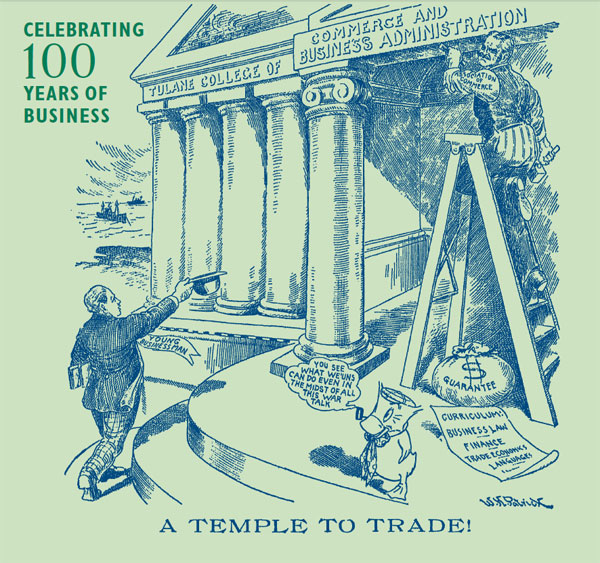
A W.K. Patrick cartoon on the front page of the Times-Picayune, Sept. 14, 1914, celebrates the establishment of the Tulane University College of Commerce and Business Administration.
On Sept. 14, 1914, the Board of Administrators of Tulane University passed a resolution formally establishing a new college at the university dedicated to the study and teaching of business administration. The vote culminated a long, spirited campaign in support of the college by the New Orleans Association of Commerce, a forerunner to the Chamber of Commerce, which argued that rigorous, state-of-the-art business training was essential for the city to realize its full economic potential.
The year 2014 will mark the 100th anniversary of the founding of what is today known as the A. B. Freeman School of Business. To commemorate this milestone, Freeman looks back at the last hundred years to highlight some of the notable people, events and achievements in the history of business education at Tulane University.
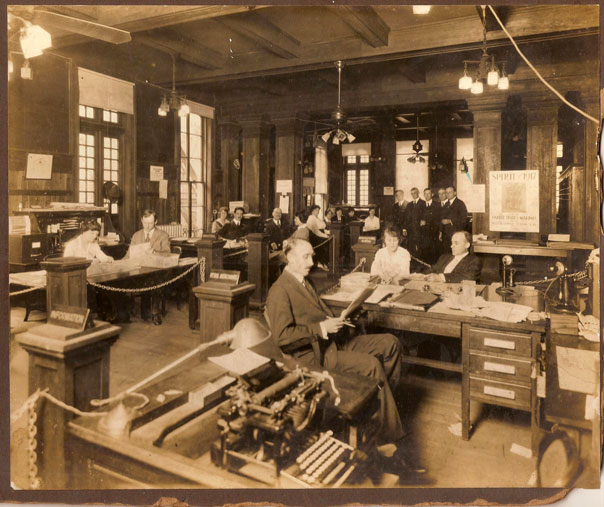
The office of the New Orleans Association of Commerce in 1917. The business
group led the effort to establish a commerce college at Tulane University.
1913
The New Orleans Association of Commerce, a civic group featuring many of the city’s leading businessmen, sends a letter to the Tulane Board of Administrators and several local newspapers calling for the establishment of a college of business at the university. Robert Sharp, president of Tulane, replies that the university does not have the funds to start a new college. Undeterred, the association, led by its president, Leon C. Simon, begins to line up financial support among its members to underwrite the cost of establishing the college.
1914
On Sept. 14, the Tulane Board of Administrators officially adopts a proposal submitted by the Association of Commerce to establish the College of Commerce and Business Administration of Tulane University. The plan calls for a Board of Guarantors, made up of members of the association and the Louisiana Society of Certified Public Accountants, to provide $5,000 per year for three years to underwrite the initial operating costs of the college. Morton A. “Doc” Aldrich, professor of economics at Tulane and a longtime champion of the effort to establish a business college, is named dean.
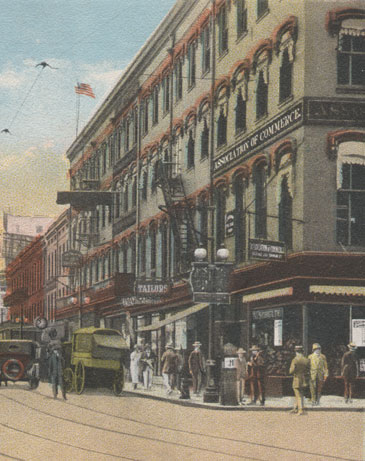
Business school classes initially took place at the Association of Commerce building, located at 315 Camp St.
On Oct. 19, Professor Ralph J. Schwartz teaches the very first class at the newly formed college. The class, Commercial Law, takes place at the Association of Commerce’s downtown headquarters, located at 315 Camp Street. The initial courses — which also include Foreign Trade, Accounting, Commercial Spanish, and Economics and Business Administration — meet nightly at 8 p.m. Tuition is $20 per course. The courses are aimed at working professionals, and many of the first students are prominent members of the business community.
1915
The College of Commerce launches its first degree program, offering day classes on Tulane’s uptown campus to enable students to earn a Bachelor of Business Administration. Classes are taught in the basement of Gibson Hall.
Ruby Perry, a teacher at Sophie B. Wright High School in New Orleans, becomes the first female student admitted to the College of Commerce. The Tulane Board of Administrators initially barred women from the college, but Aldrich felt strongly that women could benefit from business training and represented an important market for the growing school. Perry went on to a long career as an educator in New Orleans, including serving as principal of the Joseph Kohn High School of Commerce for Girls.
1916
The College of Commerce becomes one of 16 founding members of the American Association of Collegiate Schools of Business (AACSB). Dean Morton Aldrich plays a major role in the establishment of the prestigious organization and serves as secretary-treasurer for its first six years. Joining Tulane as founding members are Columbia, Dartmouth, Harvard, New York University, Northwestern, Ohio State, University of California, University of Chicago, University of Illinois, University of Nebraska, University of Pennsylvania, University of Pittsburgh, University of Texas, University of Wisconsin and Yale.
1917
More than 200 guarantors agree to underwrite the expenses of the college for three more years, and a college endowment is started with four $1,000 gifts.
1918
E. Davis McCutchon (BBA ’18) becomes the first graduate of the College of Commerce. McCutchon, the only graduate of the college in 1918, later became sales promotion manager at D. H. Holmes Co. He returned to campus in 1954 as chairman of the College of Commerce’s 40th anniversary celebration.
1920
The second term of guarantors’ contract expires and is not renewed. After six years, the College of Commerce is self-supporting through tuition revenues.
1938
The Tulane Commerce Alumni Club (TCAC), precursor to the Tulane Association of Business Alumni, is founded.
1939
Morton A. Aldrich steps down as dean when he reaches the mandatory retirement age of 65, and Leslie J. “Bill” Buchan is appointed as his successor. Buchan, whom Aldrich had personally hired in 1930, brings big ideas to the College of Commerce, including plans to raise admission standards and establish a graduate program.
1940
The College of Commerce launches the Master of Business Administration program and establishes the Division of Research, which performs applied research for local businesses.
1942
The Norman Mayer Memorial Building, new home of the College of Commerce, is completed. The building is made possible through a gift from the estate of Mrs. Fannie Levy Mayer in honor of her late husband, a prominent New Orleans cotton broker and civic leader.
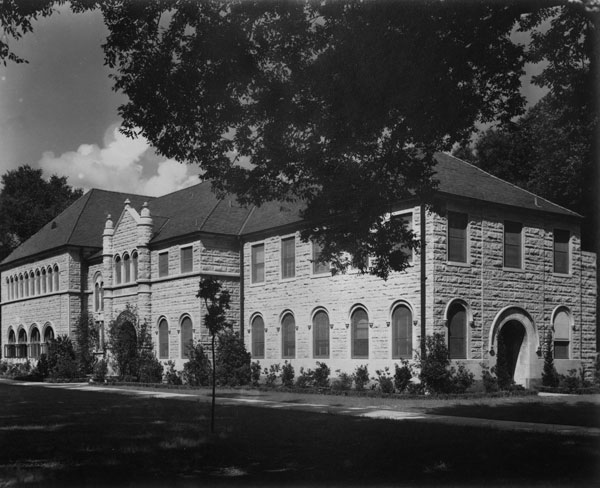
The Norman Mayer Memorial Building, the first dedicated home of the College of Commerce, was completed in 1942.
1943
Tulane is selected for the Navy’s V-12 program, which trains officers for service during World War II. While not limited to the College of Commerce, many of those officers-in-training opt for the business school. A year later, the College of Commerce becomes one of nine schools in the country selected for the Navy’s Pre-Supply Program, which prepares students for the Navy Supply Corps School at Harvard.
1944
A. B. Freeman, chairman of the Louisiana Coca-Cola Bottling Co., joins the Board of Administrators of Tulane University. While not an alumnus himself, Freeman is one of the city’s most prominent businessmen, and his three children—Richard W. Freeman (BBA ’34), Mary Freeman Wisdom (N ’28) and Rosa Freeman Keller (N ’32)—are each Tulane alumni.
1947
Dean Leslie Buchan is elected president of the American Association of Collegiate Schools of Business (AACSB).
1949
The expanded Norman Mayer Memorial Building and Library is dedicated. The expansion adds an additional floor and a three-story annex to the original two-story building. When Buchan steps down to become dean of the business school at Washington University in St. Louis, Robert W. French is appointed as his successor. During his tenure, French makes it his mission to expand the reputation of the college in the community. In 1950, he founds the Public Affairs Research Council, a nonprofit research organization that exists to this day, and he later serves as director of the Port of New Orleans.

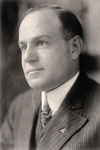
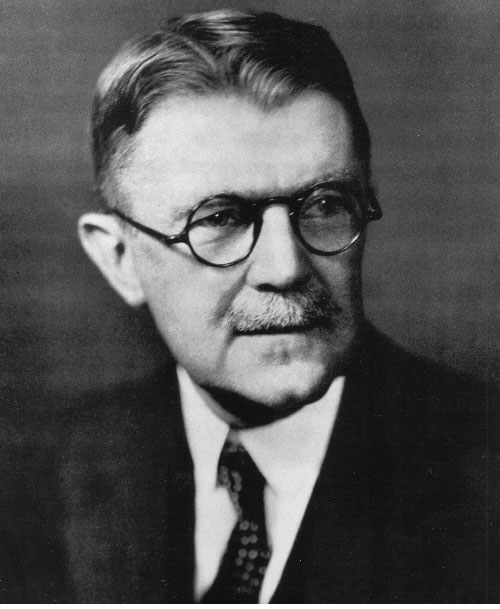
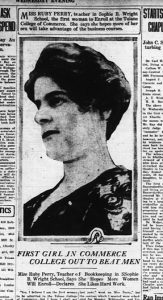
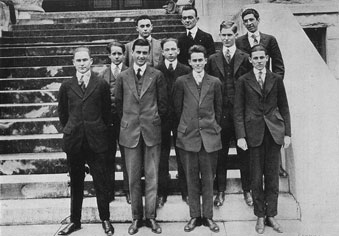
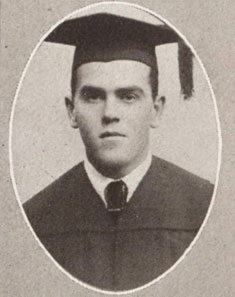
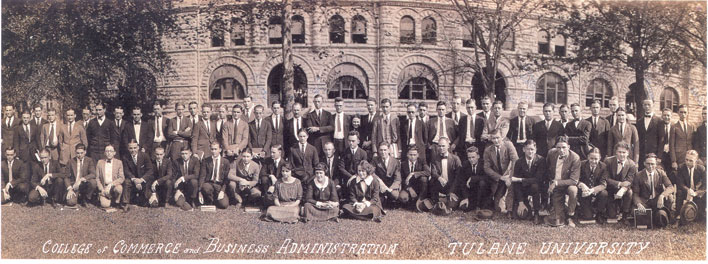
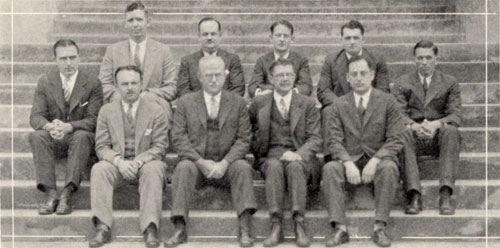
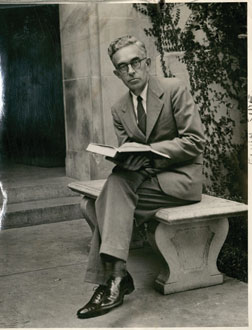
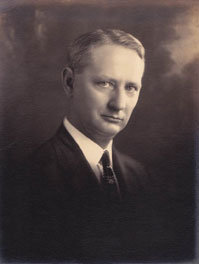
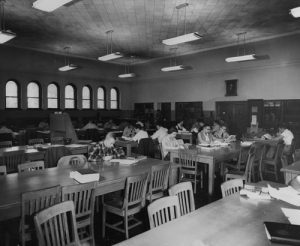


{ 0 comments… add one now }